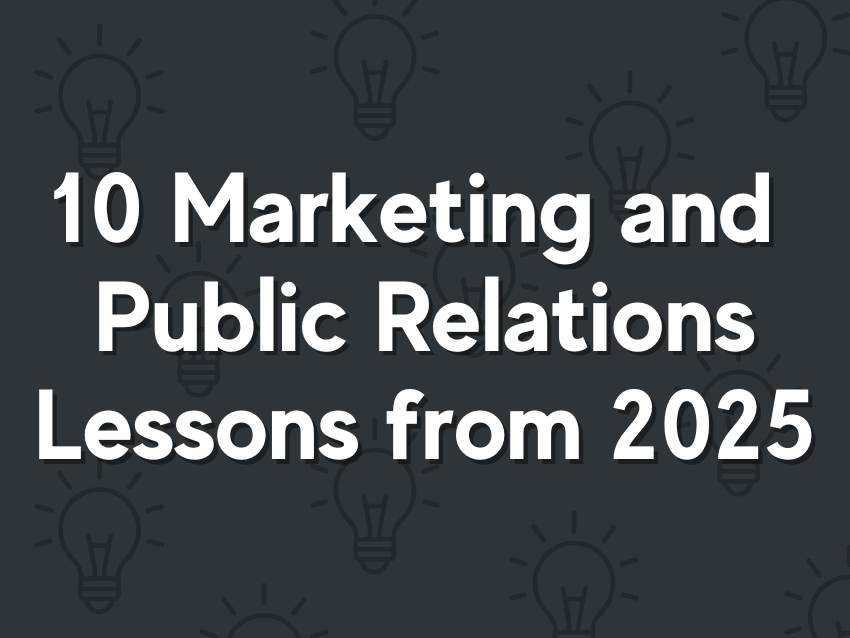Journalists are always looking for experts to contribute to their stories. The key to being called upon regularly is approachability and availability. Getting your name in the media isn’t rocket science, but leveraging every opportunity takes strategy and preparation. Most professionals crave media opportunities but clam up when it’s their time to shine. An attorney I’d been working with for a few months finally got the big verdict the firm was pushing for. We sent out the release and within minutes multiple reporters were calling both the law office and me. She was paralyzed. “They want to talk today? Why don’t we wait until I can have one of the partners fill in,” she asked.
This happens more often than you think. You know the old saying “be careful what you wish for”? Well, once you have a reporter on the hook, your dream has come true and you have to be ready. Most people have a fear of being looked to as an expert and saying something wrong. The people who are quoted as experts in your industry don’t have stronger qualifications than you. The perfectionist approach is engrained in most of us.
Getting past the fear of “I’m not an expert” allows you to claim your place in the spotlight as a knowledgeable professional so that your competition doesn’t claim it first. I said to this very accomplished attorney, “It’s now or never, and you are fully prepared. Let’s practice.” We developed three communication points that she wanted the media to know and went over them (repeatedly). She had the benefit of having a media coach, but if you don’t, prepare in advance and during the interview remember: S.O.S.
Keep it succinct: Soundbites are golden. Consider how you can express your message in a short and memorable way. Every interview is cut down – whether it’s in print or on TV. As a former reporter, I will tell you no matter how much time I spent with you, by the time we got to the 5 o’clock news — the story is always one minute and fifteen seconds.
To eliminate stumbling, observe what causes you to stumble and if you have an audience, observe what resonates with them. Practice with friends or family if you can. There is no trick to eliminate stumbling; you have to practice, practice and practice. Start by speaking about a single object (or topic) for 30 seconds. You’re not allowed to use “uhhhs” or “ummms,” but you CAN briefly pause between sentences.
Slow down and speak naturally- don’t let the nerves get you.
Our client’s interviews went swimmingly. She was on the radio, three television stations and in the local newspaper! If you want additional media tips or to find out what to do after the interview, check out Berbay’s recent webinar here.


